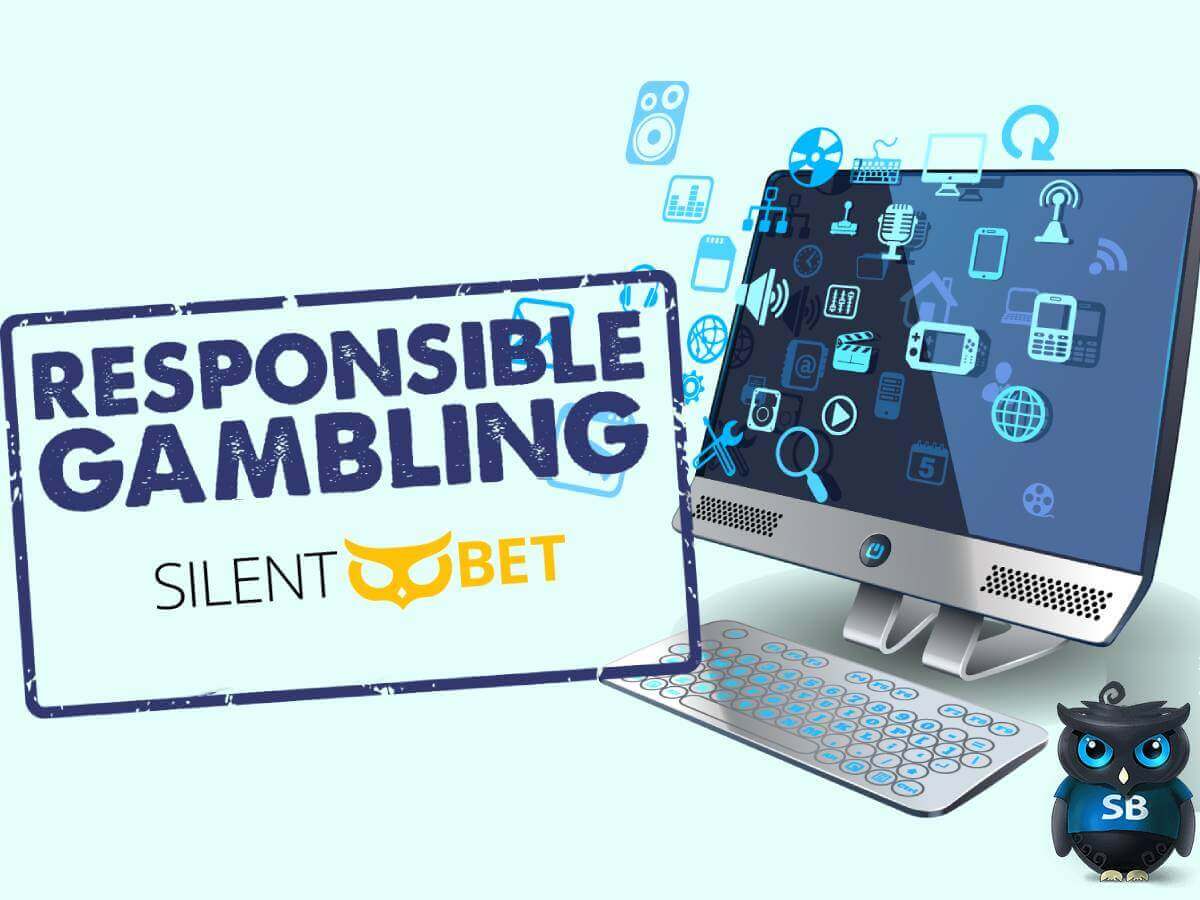Responsible Gaming Tools & Tips
Even if many organizations working on problem gambling promote responsible gaming, it’s not an option for a problem gambler. There is no responsible gambling for someone with gambling problems. If you believe you gamble too much, please check out the resource section to find help.
My name is Anders Bergman. I’ve worked with problem gambling for the past five years. In this article, we’ll explore responsible gaming and what you need to think about to stay safe when you’re gambling.

I believe that the first step to avoiding gambling addiction is to make a sound plan how to play more responsibly online.
Responsible Gambling Тools
There are 10 tools that can help you with your gambling and fall under the responsible gambling category. They are:
- Self-Exclusion
- Deposit Limits
- Session or Time Limits
- Wager Limits
- Loss Limits
- Reality Checks
- Cooling Off
- Withdrawal Locks
- Ban Gambling
- Delete Account

Self-Exclusion
Players who feel they spend too much time gambling will find the option to self-exclude for a short period of time most useful. Personally imposed self-exclusion can last a week, a month, half a year, or more.

Deposit Limit
Set a limit on your deposits to prevent spending too much money on gambling. This tool is synonymous with safer gaming practices. Deposit limits set a cap to the amount you can top up in your account within a month.

Session Limit
Set e time limit on your betting sessions with the most responsible-minded casinos online. You can pre-set a time frame for your gameplay. When the time is up, you won’t be able to play another round of games.

Wager Limit
The operators have their bet limits (sports, casino games, live tables). And now, players can adjust these to take further control of their bankroll. Wager limit is the most used tool when it comes to online live casinos.

Loss Limit
With a loss limiting tool you can either prevent a losing streak or the fall into the gambler’s fallacy vicious circle. Transfer your losses and set limits for more responsible gambling sessions online.

Reality Check
If you want more flexibility with your gambling, the Reality Check tool is the right one for you. Set up alerts that will remind you of the time you have spent playing. It is now up to you to decide on your next step.

Cool Off
Cool Off or Time Out tools are great ways to take a break from gaming for short period of time. These time-outs will interrupt a long session, allowing players to reflect on their gambling habits and cool off away from the monitor.

Withdrawal Locks
Lock your withdrawals in the sense that all funds within the lock will be only available for withdrawal and not used within the casino again. Control your bets and don’t fall for the win-streak scenario that is quite risky.

GamStop & Alternatives
This is an online register for people with problem gaming. The free service allows players from GB & Northern Ireland to self-exclude from all participating casinos in the register. Similar institutions appear all over the world to help combat gambling addiction.

Account Closure
Close your account permanently by deleting your profile yourself or asking a casino representative to do it for you. Usually, you will need to send an email requesting deletion with reasons for your choice.
With all being said we would like to reming players that self-exclusion, in general, is the top tool we recommend. It helps when you choose to block yourself from gambling. It can be done in three ways:
- National self-exclusion schemes (Ex, Gamstop, Spelpaus)
- Install blocking software on your phone (Ex, Gamban, Betblocker)
- Close your casino account
In some countries, you sign up on a list that stops casinos from letting you play or contact you. You can also just ask casinos to close your account.
Self-exclusion a great tool if you’re trying to cut back or quit gambling. For many, self-exclusion does the trick. But staying away might not be enough for those who struggle with gambling.
What is Responsible Gaming?

The foundation of responsible gaming is to understand why you’re gaming. That is the key! Is gambling entertainment for you, or is winning the most important? Perhaps you are absorbed by the game and subconsciously use gambling to escape.
In my experience, the only way to gamble responsibly is to gamble for fun. The first step in our how to stop gambling guide by QuitGamble.com is to understand why you gamble. The same questions can be applied to responsible gambling. Fill in the blanks after the following statements:
- #1 When I’m gambling, I’m thinking of…
- #2 When I’m gambling, I’m feeling…
- #3 When I’m gambling, I’m not feeling… (or thinking)
These statements will help you understand what happens when you’re gambling. It’s especially the third statement that is important. If you list several things, you might use gaming as an escape. Then, we’d recommend you check out the resource section.
Playing responsibly means we’re playing for entertainment. Naturally, we’d never play a slot machine if we knew there wasn’t any chance to win. But the key is entertainment, not winning by itself.
How to gamble responsibly
There are several ways to gamble responsibly. The first, we’ve already discussed – To have fun. Here are a few more tips:
- Gamble with money you have, and can afford to lose.
- Never mix gambling with alcohol
- Don’t let gambling take more time than you can do other things
- See gambling as a hobby, not an income source
- Be aware of how you react when you lose
People can gamble responsibly for many years without experiencing any problems with gambling. But gaming behavior can change quickly if something dramatic happens in the person’s life: a big loss, getting fired, injury, divorce, children moving out, or early retirement.

If a person in pain feels an urge to gamble, then he or she is addicted to gambling.
Even if you’re gambling responsibly today, gambling can become a distraction if something painful happens. To keep gambling safely, you must be extra careful in these situations.
The Bottom Line
About 90% of problem gamblers who try to quit end up relapsing (*Source: Gambling Addiction Stats by QuitGamble). They might avoid gambling for a bit with self-exclusion. But if they really want to, they find ways to gamble anyway.
For a gambling addict, there’s usually a deeper reason they’re drawn to it. Just blocking themselves from gambling doesn’t tackle that deeper issue. Many relapse or get hooked on something else (alcohol, for instance). So, if you want to maximize the effectiveness of self-exclusion, pair it with something that tackles the root of the problem, like QuitGamble.com or root-cause therapy.